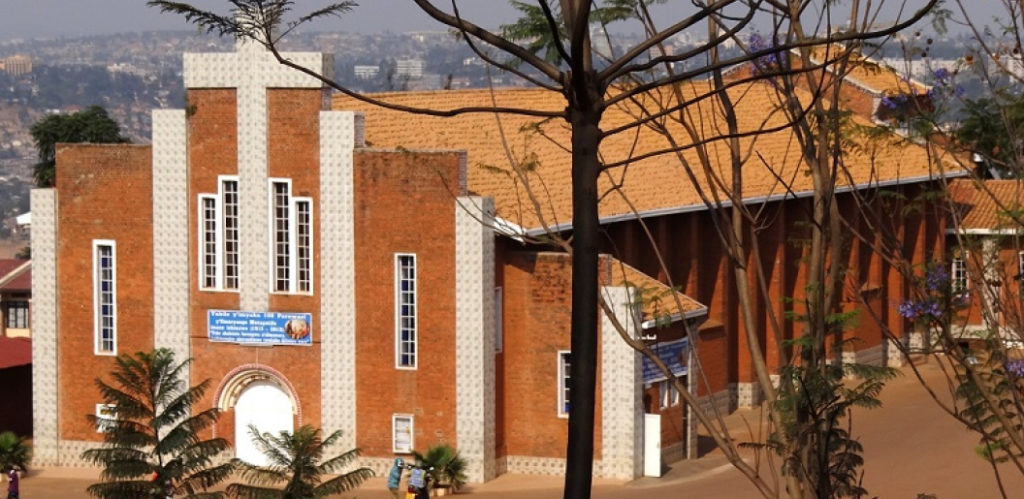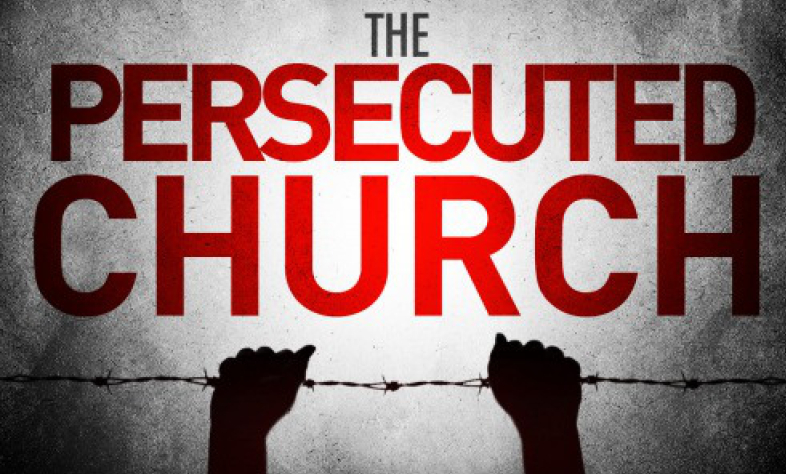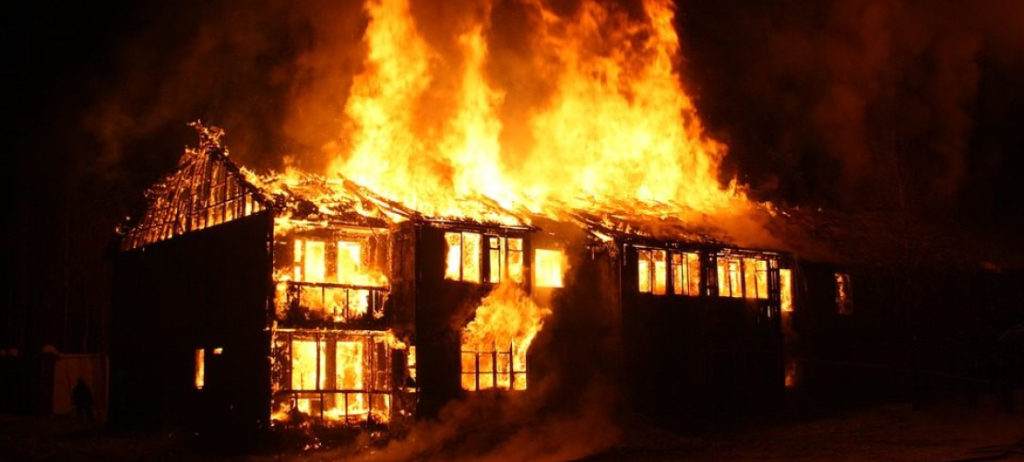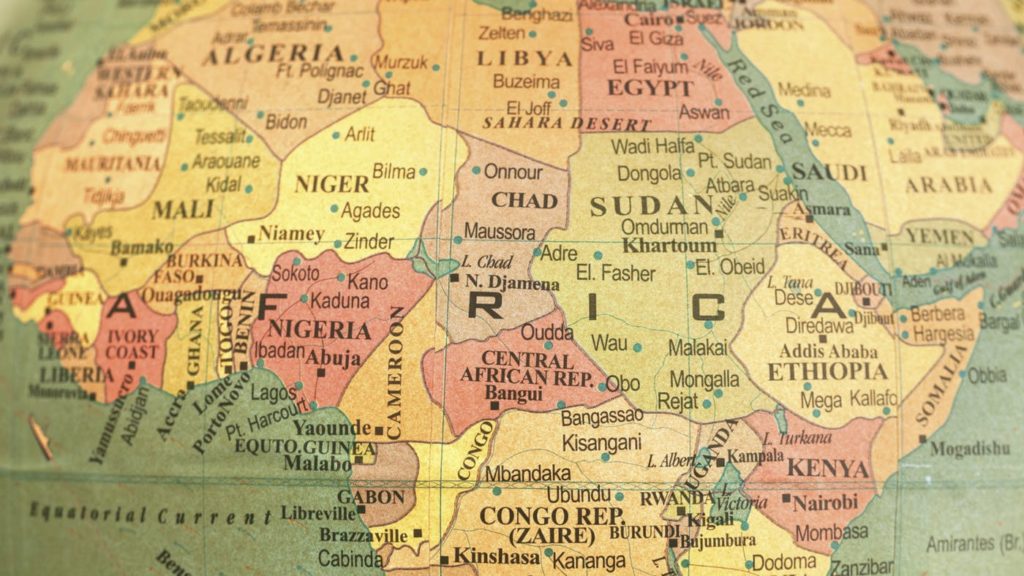Why The West Hates Itself
 Why does a civilization, providing peace, stability, prosperity and unimagined freedom to its inhabitants turn to self-hatred? Why do those who richly enjoy the fruits of the West, also agree to abhor it?
Why does a civilization, providing peace, stability, prosperity and unimagined freedom to its inhabitants turn to self-hatred? Why do those who richly enjoy the fruits of the West, also agree to abhor it?
To understand this destructive habit of mind, we must first turn to the nineteenth century, when Christianity was finally and fully replaced by collectivism. People were no longer defined by God but by society; that is, individual identity was said to be achieved only through social interaction. Without society, there was no humanity.
This idea belongs to the German philosopher, Georg Hegel, who in many ways is the father of the modern world. His philosophy (Hegelianism), though vast and difficult, changed the West.
“The rational alone is real” summarizes his ideas. This means that reality is a manifestation of reason, including both nature and history. Hegelians define reason in two ways: as Infinite, which belongs to God, or as finite, which belongs to man. The latter definition establishes materialism, as embodied, for example, by Marx, who was himself a Hegelian.
There is also a third strain, namely, the anti-Hegelians, like Arthur Schopenhauer and Friedrich Nietzsche. Both thinkers gave primacy to the will (voluntarism), where reality was the manifestation of the human will, making reason untrustworthy, if not needless. The West’s current secularism stems from both Hegelianism and voluntarism.
So, why does the West hate itself? Because anything that hinders or denies human reason and the human will must be destroyed. The biggest hindrance is the West’s past, its root: Christianity. Western self-abhorrence is hatred of what stands in the way of a “better” future.
Voluntarism values strength and hates weakness. Materialism values reason and hates faith. Both engender hatred, which is the first step towards self-annihilation.
The historical culture of the West affirms that it is impossible for human reason to be all-encompassing or understand the totality of existence; nor can reason provide a rationale for all reality. Human reason can only discover God. It can never explain Him.
As for human will, it is tyranny without faith.
But despite the hatred, the West refuses to vanish, and its historical morality persists. Temperance, forgiveness, self-sacrifice, duty, charity, courage, wisdom and compassion have not faded away and thus evoke hatred – for these virtues are reminders of the West’s vitality.
In other words, morality remains the West’s second nature, which self-hatred is not yet strong enough to erase. The West is yet haunted by the memory of a life greater than the needs of the body — and there still lingers the ghostly grandeur of goodness and of beauty. The satisfaction of appetites cannot give meaning to life, while the force of will is empty without spiritual purpose. Therefore, collectivism is a hollow substitute for faith, because there will always be the question of the human soul.
A godly Hegelian, Max Stirner, once observed: “Moral people skimmed off the finest fat from religion [Christianity], ate it up, and are now having a hard time trying to get rid of the ensuing scrofula.”
This, in a nutshell, is the West. It hates itself because it despises its “scrofula,” which it got by deciding to believe that its traditional morality could feed a civilization finer than the one that sprouted and matured from its true root.
Thus, the West hates itself because its materialism and voluntarism have failed. It contrived various political stunts, like identity politics, social justice, gender confusion and the borderless post-nation state — but they bore no fruit.
Two further such stunts derive from the ideas of Edward Said and Will Kymlicka. Both men, especially Said, are now fundamental to any sort of liberal education.
Thus, it is Said who spawned the now-trendy anti-white bigotry, when he openly declared that whites are by nature oppressors, colonialists and imperialists, who had done enough damage to the world and its people and time had come to replace them. Of course, until his death, Said was well rewarded for his hateful rhetoric by Western universities, and his book, Orientalism, has now attained scriptural status. Conservatives have never fully challenged him (except one – Ibn Warraq).
(As an aside, Said also hated the scholars of the Frankfurt School, labeling them all as Eurocentric imperialists who should be ridiculed and ignored. Thus, the Frankfurt School is hardly anti-West).
Then there is Will Kymlicka, the father of multiculturalism, who is a one-man industry. Again, few conservatives challenge him, because most likely they accept the premise that the West has no inherent value, other than being an economic structure built to generate profit. Kymlicka advocates more and more people from all over the world living in the West, until all qualities that distinguish it are gone.
Kymlicka naively assumes that the West will continue to offer peace, stability, prosperity and unimagined freedom to all, even though the people living within its borders despise everything that made the West unique, or who carry ideas from their own cultures and histories which only fashioned failure and oppression.
As for the true root of the West, Christianity, its claim remains the strongest – that life has eternal meaning. Why does the West hate itself? Because it has forgotten this truth and is now trying to content itself with emptiness.
Copyright © 2018 Nirmal Dass The Daily Caller-All rights reserved.
 The Rwanda Governance Board continues to close churches it says fail to meet
The Rwanda Governance Board continues to close churches it says fail to meet  Advances in technology are driving cultural change throughout the world. Historically, new advances have been made slowly and rarely, allowing people time to adapt to them. However, the current pace of change is unsettling established patterns of life, and further technological developments are likely to transform cultures to an even greater extent.
Advances in technology are driving cultural change throughout the world. Historically, new advances have been made slowly and rarely, allowing people time to adapt to them. However, the current pace of change is unsettling established patterns of life, and further technological developments are likely to transform cultures to an even greater extent. The causes of African poverty is often misunderstood, but the continent’s economic history provides an opportunity to take a closer look at what went wrong.
The causes of African poverty is often misunderstood, but the continent’s economic history provides an opportunity to take a closer look at what went wrong. On this week’s edition of “The Hal Lindsey Report,” I address a subject that has loomed in the thinking of American Christians only as a hazy shadow in the far-off future. Well, that hazy shadow is beginning to come into sharp relief. That shadow is the specter of persecution.
On this week’s edition of “The Hal Lindsey Report,” I address a subject that has loomed in the thinking of American Christians only as a hazy shadow in the far-off future. Well, that hazy shadow is beginning to come into sharp relief. That shadow is the specter of persecution. A few people remember President Dwight Eisenhower’s Farewell Address, where he warned Americans about the
A few people remember President Dwight Eisenhower’s Farewell Address, where he warned Americans about the  Africa is being recolonized today, though this time not with armies or arbitrary borders but through Western governments and humanitarian outfits imposing population control ideology, sexual liberation, and abortion, says Obianuju Ekeocha.
Africa is being recolonized today, though this time not with armies or arbitrary borders but through Western governments and humanitarian outfits imposing population control ideology, sexual liberation, and abortion, says Obianuju Ekeocha.
 In what the Christian Association of Nigeria is calling a “pure genocide,” 238 more Christians were killed and churches desecrated by Muslims last week in the west African nation. This brings the death toll of Christians to more than 6,000 since the start of 2018.
In what the Christian Association of Nigeria is calling a “pure genocide,” 238 more Christians were killed and churches desecrated by Muslims last week in the west African nation. This brings the death toll of Christians to more than 6,000 since the start of 2018. It’s one of the most dangerous places in the world to be a Christian. What’s going on right now in Nigeria is “pure genocide.”
It’s one of the most dangerous places in the world to be a Christian. What’s going on right now in Nigeria is “pure genocide.” I recently read Bishop Michael Nazir-Ali’s book
I recently read Bishop Michael Nazir-Ali’s book